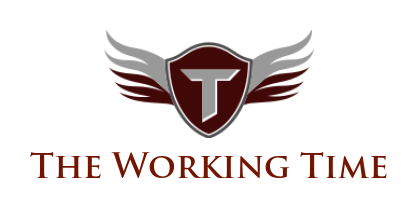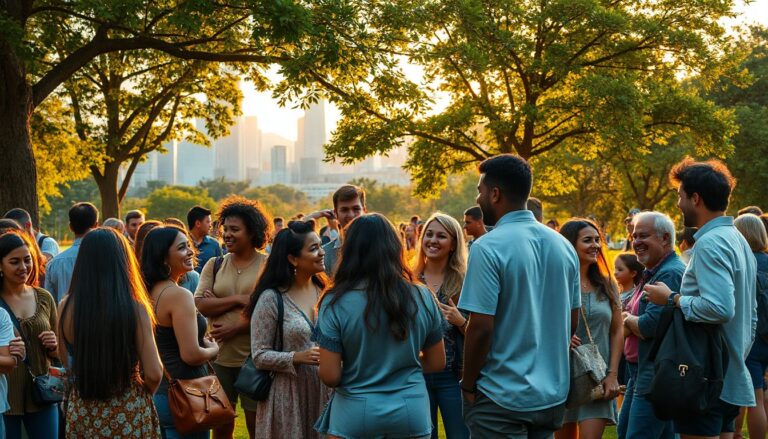Understanding why do peoples act in certain ways helps us make sense of the world around us. It can improve relationships, boost teamwork, and create harmony in society. But human behavior is complex, influenced by many factors working together. Exploring what drives our actions gives us a clearer insight into ourselves and others.
The Psychology Behind Human Actions
Overview of Human Psychology
Human psychology studies our thoughts, feelings, and behaviors. It explains why do peoples do what they do, often without realizing it. Our subconscious mind influences many decisions, pushing us to act in certain ways even when we’re not aware. These hidden processes shape habits, fears, and motivations.
The Role of Emotions
Emotions are powerful drivers behind behavior. Feeling happy can make us friendly, while anger might trigger confrontation. Studies show emotional states can push us toward specific actions. For example, stress often leads to impulsiveness, while contentment fosters patience. Emotions act like a compass, guiding our choices in big ways.
Cognitive Processes and Decision-Making
Our brains process information constantly. Perceptions, biases, and mental shortcuts—called heuristics—help us make quick decisions. Sometimes, these shortcuts lead us astray, causing errors or unfair judgments. Experts in psychology and behavioral economics tell us that understanding these patterns helps us predict how people might behave.
Factors Influencing Human Behavior
Biological and Genetic Factors
Our biology affects how we act. Genetics plays a role in traits like temperament and risk-taking. Brain chemistry, such as levels of dopamine or serotonin, can influence mood and behavior. For example, some people are naturally more impulsive due to inherited traits or differences in brain wiring.
Cultural and Societal Influences
Culture shapes what we see as acceptable or normal. It influences our values, beliefs, and social roles. Behavior varies greatly across different societies. A handshake, for instance, is friendly in one culture but might be offensive in another. Social expectations stem from cultural backgrounds, guiding our actions daily.
Environment and Context
Where we grow up and the environment we are in leave a mark. Upbringing, community, and current surroundings influence our choices. Someone under constant stress may react differently compared to someone in a calm, supportive setting. Real-world examples include how stress triggers defensive behavior or how a nurturing environment encourages trust.
Motivations Behind Human Actions
Basic Needs and Hierarchies
People are driven by fundamental needs. Maslow’s Hierarchy of Needs shows that once basic survival is met, we seek safety, then love, esteem, and self-actualization. For example, at the core, humans seek food and shelter. Beyond that, people crave acceptance, recognition, and growth.
Personal Goals and Aspirations
Individual ambitions shape behavior profoundly. Someone eager to succeed might study harder or take risks. Personal dreams—like becoming an athlete, musician, or entrepreneur—push people toward action. These goals serve as a compass that guides daily choices and long-term plans.
Social and Peer Influences
People care about what others think. Peer pressure and social acceptance heavily influence behavior. Group identity can lead us to conform, even if it conflicts with our true preferences. Research shows that many tend to follow the crowd, especially if they seek approval or fear rejection.
Behavioral Patterns and Habit Formation
Why Habits Develop
Habits form through repeated actions that eventually become automatic. The brain creates neural pathways, making behaviors effortless over time. Routine activities like brushing teeth or exercising are habits because they reduce decision fatigue and save mental energy. They bring consistency and comfort.
Breaking and Changing Behaviors
Changing habits isn’t easy but is possible. Replacing an unwanted routine with a positive one works well. Set small goals, seek support, and stay consistent. For example, to quit smoking, replace it with deep breathing or chewing gum. It takes patience and effort but success is achievable.
The Power of Reinforcement
Rewards and punishments shape our actions. When someone gets praise after a good effort, they’re more likely to repeat the behavior. In workplaces, recognition boosts motivation. In schools, positive reinforcement encourages good study habits. Reinforcements help cement new behaviors or discourage unwanted ones.
Practical Applications and Insights
Enhancing Personal Relationships
Understanding what motivates others helps us communicate better. Listening actively, showing empathy, and trying to see things from their perspective builds trust. Knowing someone’s needs allows for more meaningful connections and fewer misunderstandings.
Improving Workplace Dynamics
Managers who understand team members’ motivations can boost performance. Tailoring incentives, like bonuses or recognition, encourage productivity. Clear goals and open communication foster a positive environment where everyone feels valued.
Promoting Social and Behavioral Change
Organizations and governments play a role in shaping behaviors. Public campaigns and policies change habits on a large scale. Anti-smoking ads, health initiatives, and education programs have made significant impacts by tapping into what drives us.
Conclusion
Human behavior results from a tangled mix of biology, psychology, culture, and environment. Recognizing these factors helps us understand why do peoples what they do. This understanding is key to personal growth, stronger relationships, and a better society. Keep exploring human motivation, stay curious, and practice empathy. It makes our world easier to navigate and more connected. Let’s remember: understanding others deeply starts with knowing why they act the way they do.

